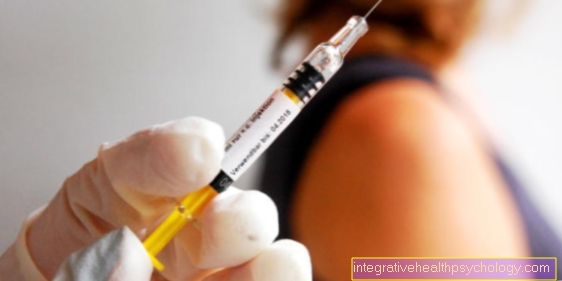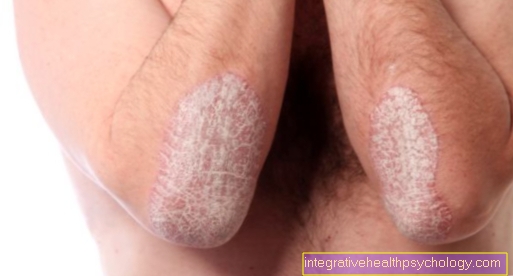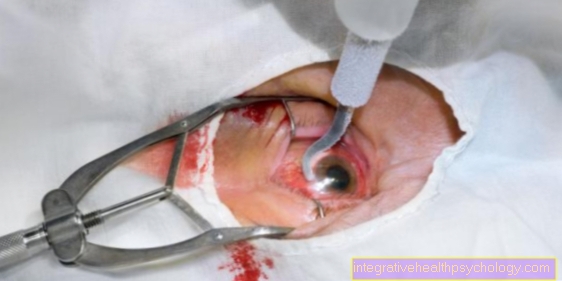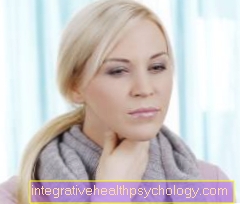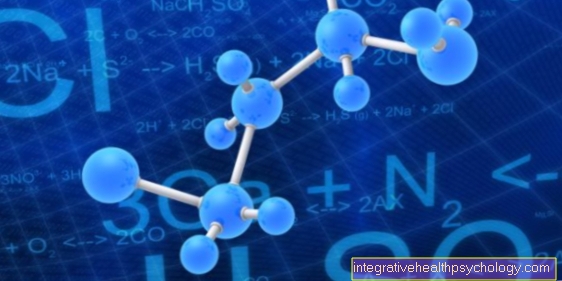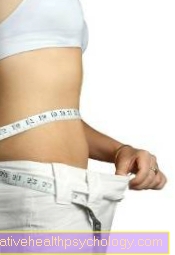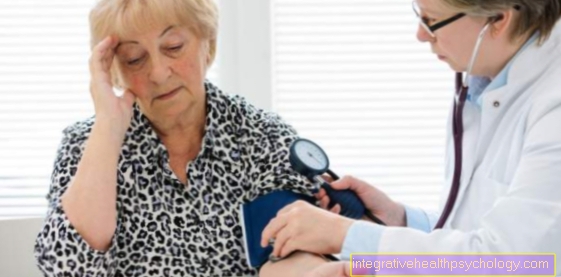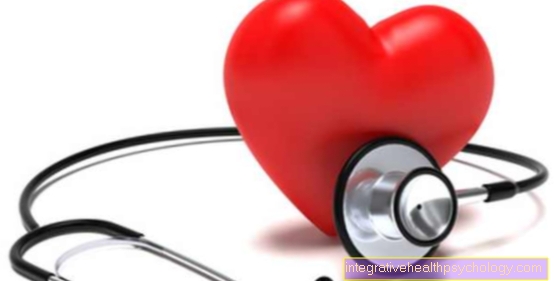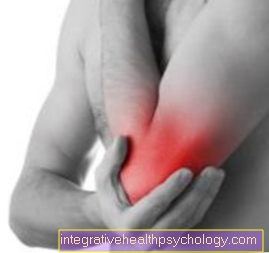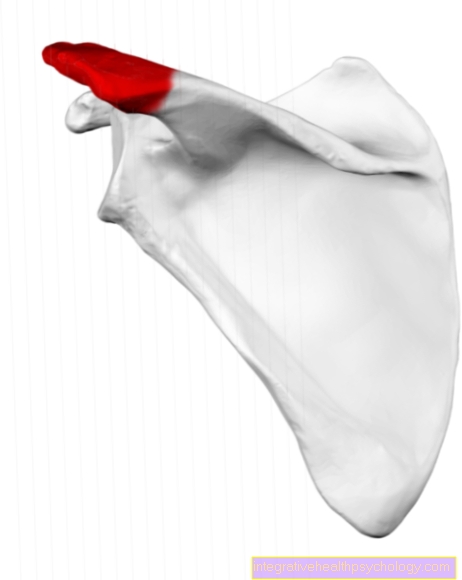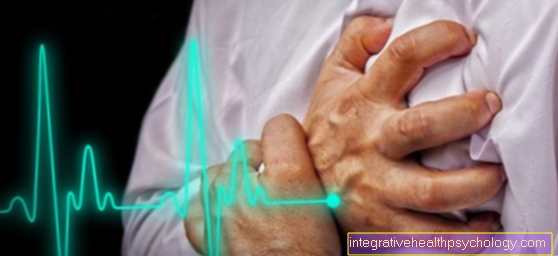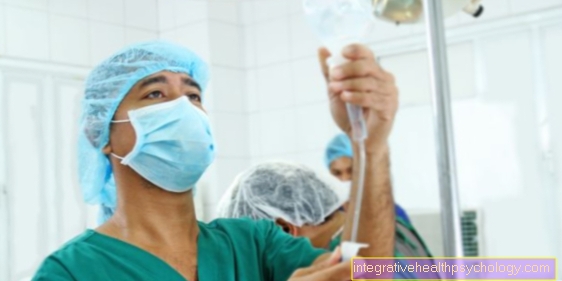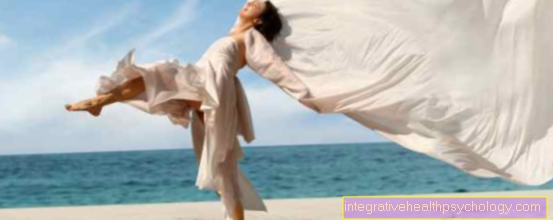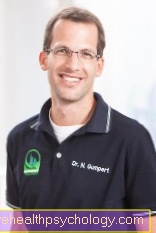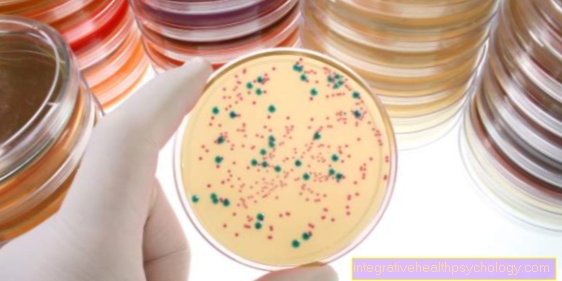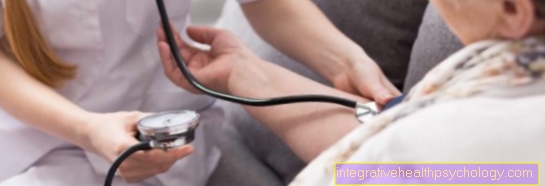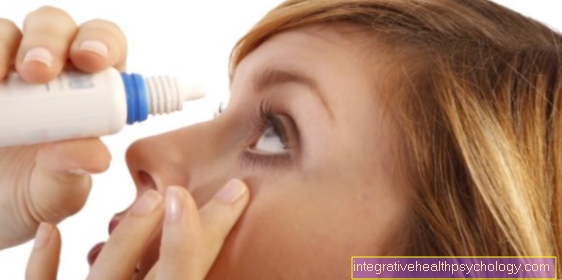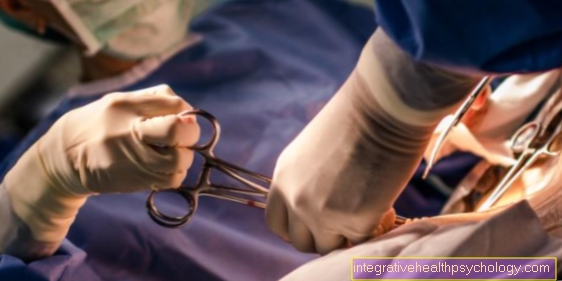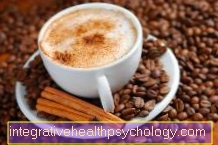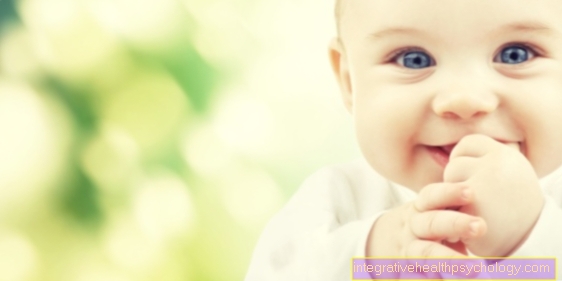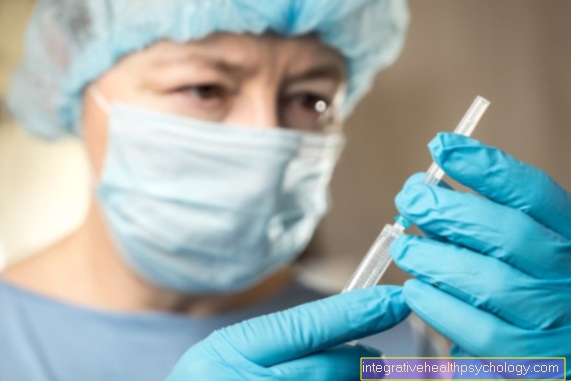The nutritional therapy of ADD
Synonyms in a broader sense
Träumerle, Hans - look - in - the - air, ADS, attentiondeficitssyndrome, ADD, A.ttention - D.eficit - D.isorder, psycho-organic syndrome (POS), minimal brain syndrome, behavioral disorder with attention and concentration disorder, attention deficit disorder.
A.attentiondeficitHyperactivitysyndrom, Zappel - Philipp - Syndrom, Zappelphilipp, Psychoorganisches Syndrome (POS), Hyperkinetic Syndrome (HKS), ADHD Fidgety Phil, ADHD.
definition
Children who suffer from an attention deficit can appear in two different behavioral variants, on the one hand with hyperactivity, then one speaks of ADHD, on the other hand without hyperactivity, then one speaks of one ADS. In addition, there is a variant whose symptoms are evident ADHD and ADD put together, the so-called mixed type.
It would be too easy to say that every dreaming, unfocused and slow working child suffers from an attention deficit. Conversely, not every overactive child is a child with ADHD.
Rather, it requires a precise, differentiated diagnosis. Only then can it be guaranteed that specific forms of therapy are effective and thus bring about a change in behavior.
On our bottom Diagnosis of ADD you can find more information about this.
In addition to the Poor concentration also evaluate the side effects caused by the attention deficit can. In addition to far-reaching consequences and burdens on the domestic situation and ultimately the family, ADD children also often suffer from poor school performance. It is not uncommon to find one Arithmetic weakness and or Reading and writing difficulties.
It should not be forgotten that ADD children do not necessarily have to be settled with lower performers. As part of the diagnosis, children with above-average intelligence are definitely diagnosed. Due to the behavior towards the outside, a Giftedness often very difficult to anchor.
General notice
As you can see from our information, in addition to a comprehensive diagnosis and differentiated diagnosis, the therapy is of particular importance. Therapy should always be based on the problems and the individual behavioral symptoms of the ADD patient and should therefore be individually tailored. As a rule, it is necessary to orient the therapy in different directions.
In general, a distinction is made between four essential cornerstones on which a therapy should be oriented. In addition to promoting the ADHD child in the home environment, which should generally take place, these are also:
- Drug therapy
- Psychotherapeutic and curative education therapy
- Nutritional therapy
Nutritional therapy will be discussed at this point.
Nutritional therapy

Nutritional Therapy - What is it?
As part of the classic Naturopathy Nutritional therapy assumes that all substances that we ingest in the course of a day have a specific effect on our body. In principle, it is about a balanced, healthy, but also tasty diet, in which the vegetable diet is an important part.
Depending on the clinical picture that occurs, the diet is then specific Nutritional supplements added or changed. As a form of therapy that should be individually tailored, heard she in experienced hands!
There is inconsistent assessment of whether and to what extent nutritional therapy can be effective in the case of attention deficit disorder. Some extreme forms (see below) have been proven to be ineffective or even to be assessed as negative.
Always warn against a one-sided diet and too many food supplements. Do not try to implement a advertised form of therapy on this level yourself. Contact your trusted doctor or nutritional therapist.
Nutrient therapy (orthomolecular medicine, orthomolecular therapy)
Nutrient therapy also assumes an imbalance in the neurotransmitters in the brain. In addition, specifically conducted research has shown that in addition to the messenger substance imbalance, there is also often an oversized Nutrient deficit can be proven. As a result, there is a lack of certain fatty acids (omega 3) and minerals, which should be balanced again by means of a targeted diet and food supplements (zinc, vitamin E, magnesium, ...).
However, it is not enough to “give” these nutritional supplements to every attention-deficient child. Rather, it should targeted take place, because too much is not good either!
In combination with other forms of therapy, parents repeatedly report the success of nutrient therapy. In particular, an improvement in the Mood swings in ADD children, but also a reduction in aggressive behavior in ADHD children is mentioned.
Alternative forms of therapy
Important note on the alternative forms of therapy
As already mentioned, every advertised therapy aimed at a changed form of nutrition must be critically checked in advance for its seriousness. There are not only ineffective variants, but also demonstrably harmful ones!
Orientate yourself to the state of the art, ask your doctor about these methods! Explicit warnings from science should be taken seriously!
Due to frequent inquiries, we offer you an overview of various alternative forms of therapy, but they do In any case should be critically questioned.
AFA - algae therapy
In the context of this form of therapy, it is a question of preparations that contain components of the blue algae from the American Klamath Lake in Oregon in concentrated form. You are promised an improved ability to concentrate (Spirit Power). The scientific confirmation of an effect is still missing here, but these preparations contain a high proportion of enzymes, trace elements, vitamins and amino acids.
Oligo antigen diet (Egger diet)
This form of diet is based on the assumption that the cause of ADD lies in a Food allergy to look for. Here, however, there is no cause research with regard to allergy Triggering substances are operated, which then have to be avoided, but one restricts food intake from the outset to a minimum of foods that only rarely trigger allergies (= basic food). If this nutritional selection works well, specific “critical” foods are gradually integrated into the nutritional plan. Other foods that are suspected of exacerbating the symptoms of ADD are eliminated from the diet entirely.
Whether and to what extent this form of diet works cannot be assessed across the board. Care must be taken, however, that the diet is not too one-sided and that other problems arise as a result.
Diet according to Feingold
The basis of the diet according to Feingold is the assumption that ADD is triggered or partly caused by colorants, preservatives and flavor additives. In the context of the diet, the intake of these substances is avoided.
Diet after oats
Just like the other diet forms described, it is about avoiding the ingestion of certain substances that are either suspected to trigger ADD or that negatively influence its symptoms. The oat diet is based on the assumption that ADD is triggered and thus exacerbated by foods that contain too much phosphate. As a result, all substances are banned from the nutrition plan that have too high a proportion of preservatives.
Important information
Whether and to what extent the assumptions of individual dieters are correct, whether and to what extent they have a positive effect on the therapeutic treatment of attention deficit disorder is scientifically not unambiguous or not sufficiently proven.
Therefore please note the following:
- Ask the attending physician about his experience!
- Avoid a one-sided diet!
Put the therapy of ADD on broader feet, combine different forms of therapy with each other and start from the needs of your child!
Other forms of therapy
- General information on dealing with ADHD children, especially information for parents on the treatment of ADD.
- Psychotherapeutic therapy
- Curative education therapy
- Drug therapy
The additionally mentioned forms of therapy are not superfluous even with drug therapy. The medication should always be used as part of an overall therapeutic strategy - as a combination with home therapy, psychotherapeutic and curative education therapy and / or nutritional therapy.
Other ADS topics
- ADS
- ADD causes
- ADD symptoms
- ADS diagnosis
- ADD therapy
- ADS curative education
- ADD psychotherapy
- Depth psychology
- Behavior therapy
- yoga
- Autogenic training
- ADD medication
- Methylphenidate
- Ritalin
- Antidepressants
- ADD diet
- ADD and family
- Educational games
Related topics
- ADHD
- Poor concentration
- Reading and spelling weaknesses / dyslexia
- Arithmetic weakness / dyscalculia
- Giftedness
- Nutritional therapy
A list of all topics that we have under our "Problems with learning"Page can be found at: Problems with learning A-Z

